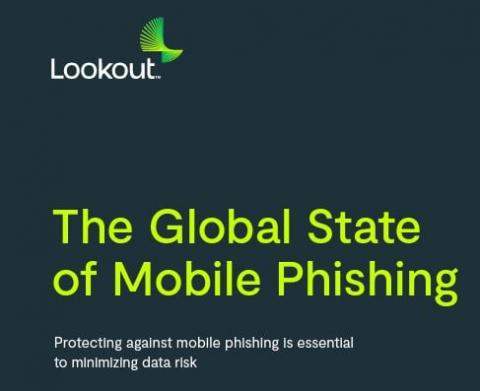Labor Day Alert: Mobile Phishing Attacks on the Rise for Remote Employees
A recent survey by Lookout, Inc. warns for a specific attack vector as Labor Day approaches. The study shows that 85% of enterprise employees capable of remote work plan to do so on Friday, September 1, primarily using mobile devices. This creates an ideal environment for hackers to launch targeted phishing attacks. The risk is exacerbated by the fact that 80% of respondents admit to being more relaxed and distracted when working remotely on Fridays during the summer.








